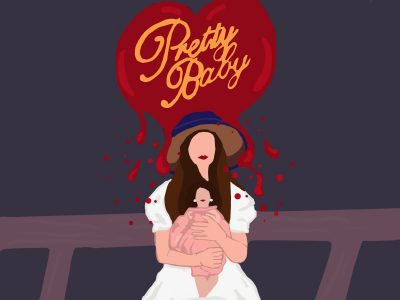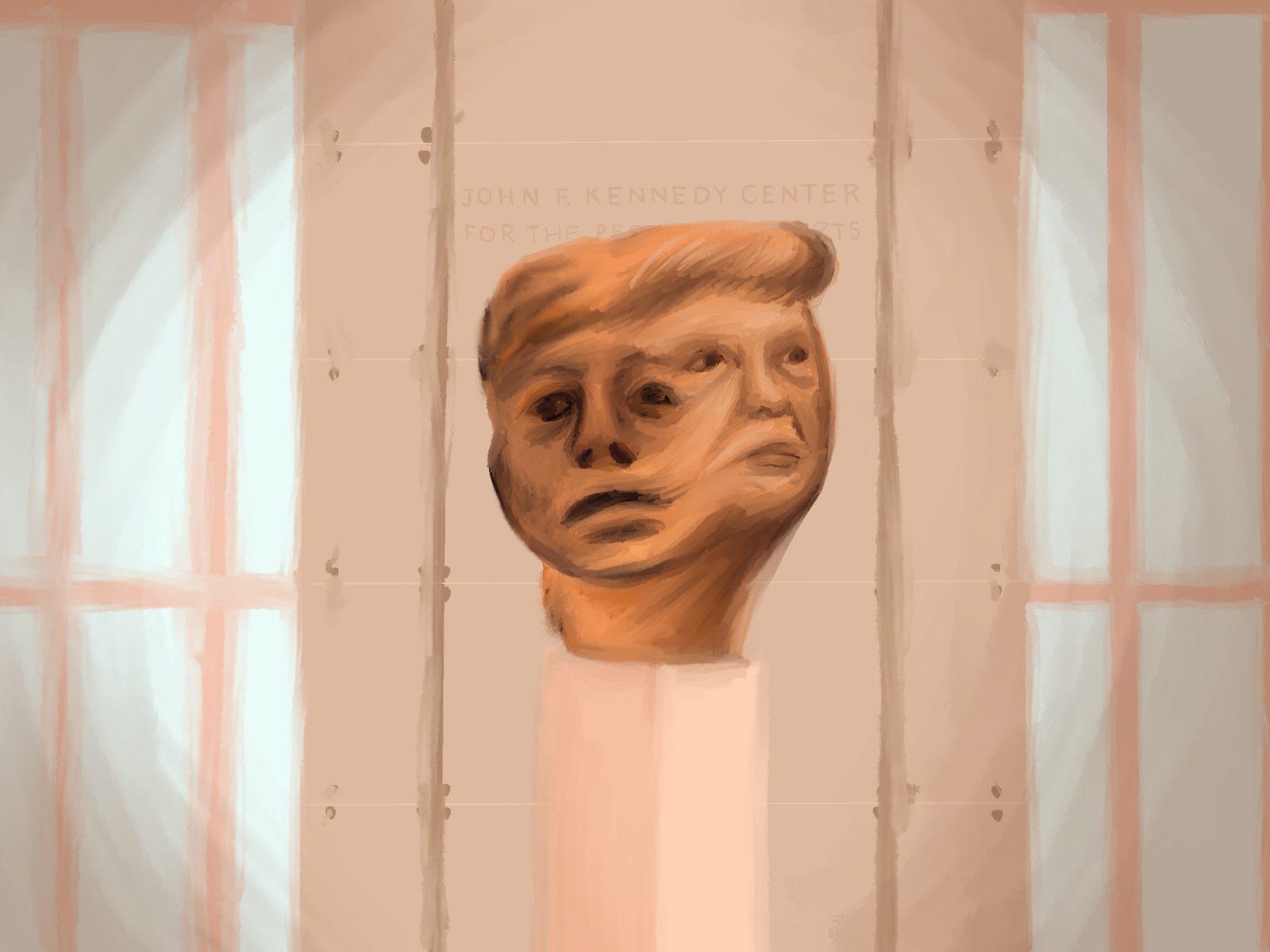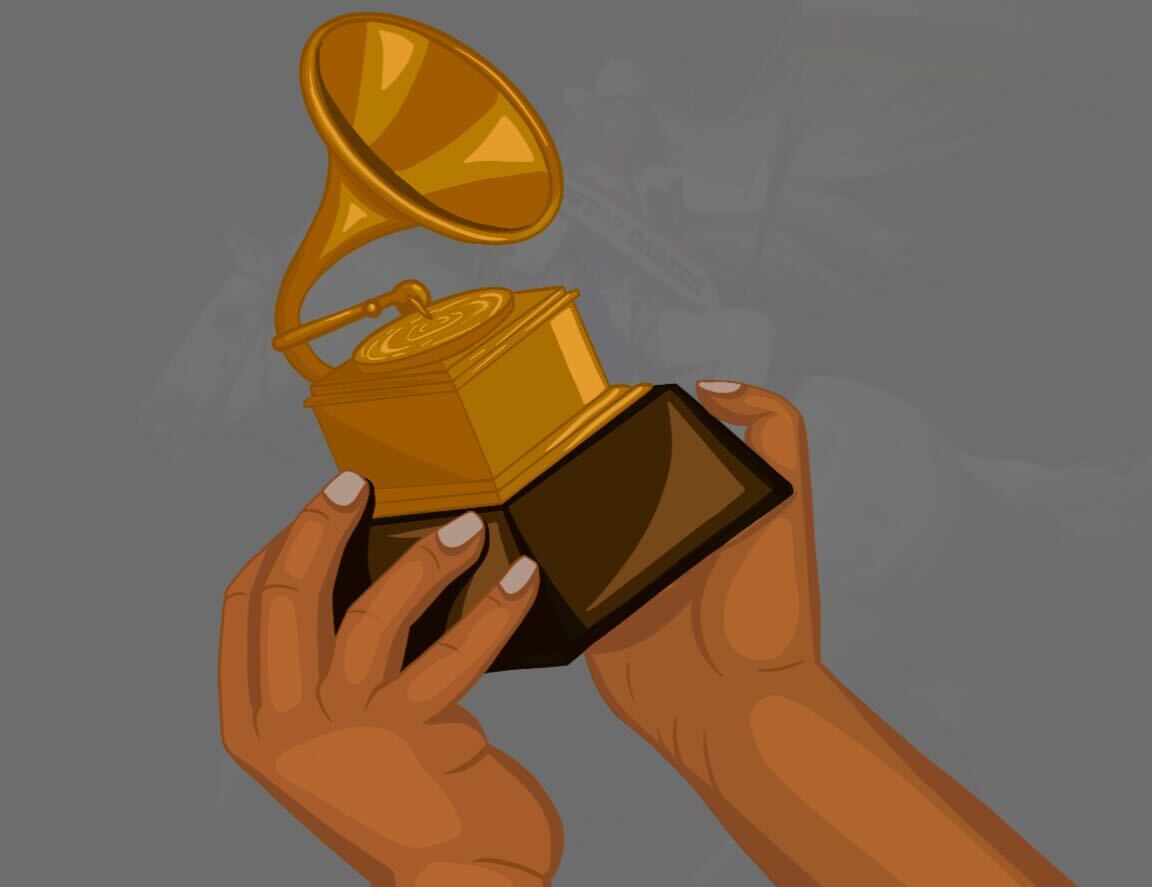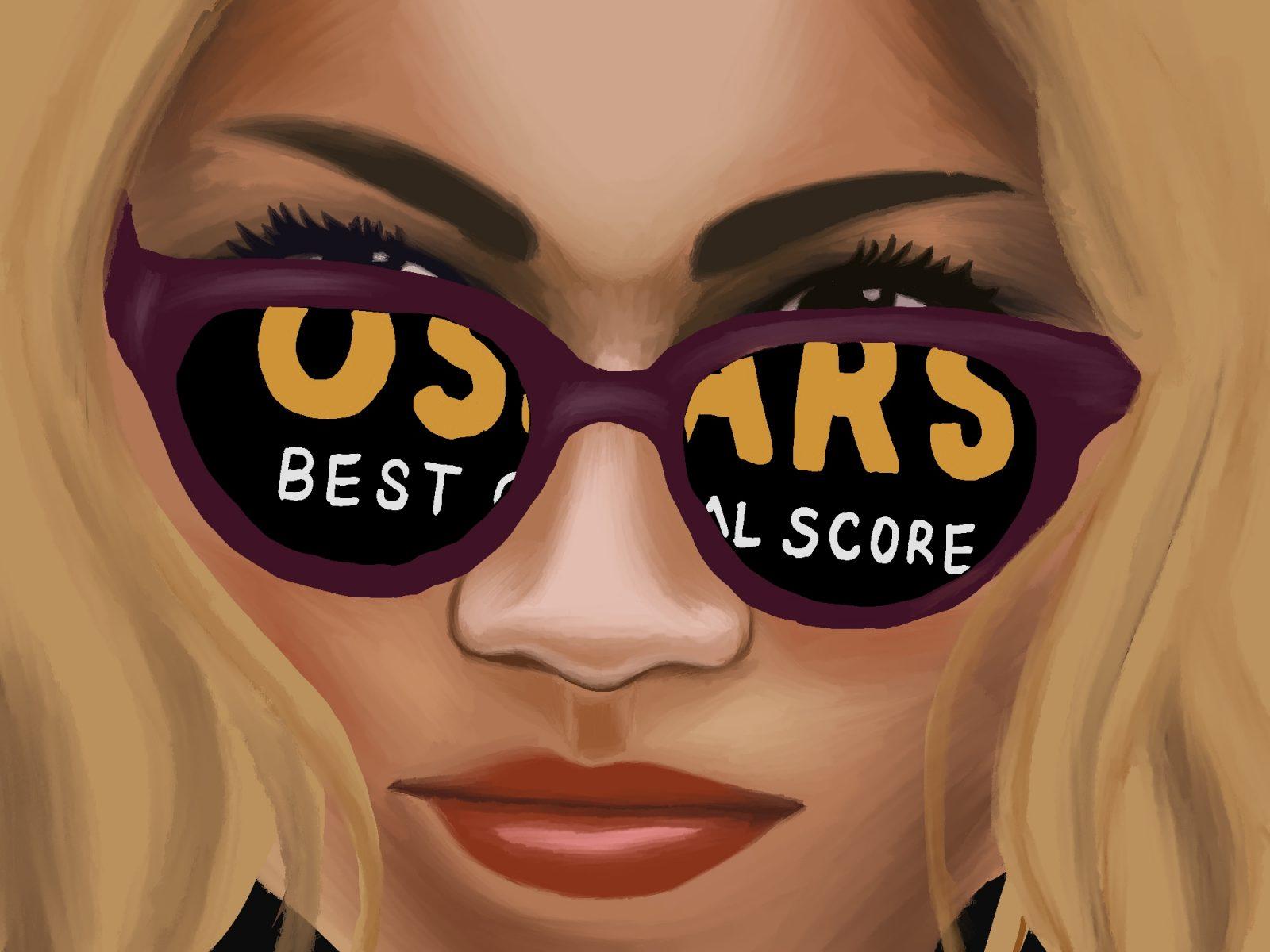“Pretty Baby: Brooke Shields,” the new documentary released on Hulu on April 3, boasts a title that is as fitting to its subject matter as it is ironic.
The film, which focuses on Brooke Shield’s astounding yet disturbing rise through childhood fame, takes its name from a source which the documentary partially seeks to criticize: “Pretty Baby,” Louis Malle’s 1978 drama in which a then 12-year-old Shields portrays a child prostitute in early-20th century Louisiana.

But it appears that the title of the documentary has an implicit double-meaning. The name “Pretty Baby” refers not only to the movie, but to the image of Shields that the film examines: a child, thrust both into the spotlight and into the unwilling role of a generational sex symbol.
While an adult Shields is careful not to disavow her upbringing in the documentary — she often praises her most controversial work — the film seeks to understand it, questioning the twisted, frenzied public obsession cultivated by her angelic image and innocence.
“Pretty Baby” is effective for the purpose that it seeks to serve: an outlet for Shields to grapple with her past and to attempt to reclaim the narrative of a childhood that was effectively stolen from her. But this Herculean effort poses a more important question to the viewer: when one’s childhood is recorded as entertainment, is there any real way for them to reclaim their past identity once they’ve grown up?
I ask this question in light of a new phenomenon, an era which is ushering in a contemporary version of Shields’ former identity: internet child stars.
Family social media accounts like the LaBrant and ACE families, both have over 10 million subscribers on Youtube alone.
These families, whose videos largely center around the lives of their small children, place a startling amount of weight upon personal moments of their children’s lives, such as birthday parties and their reactions to frequently inappropriate pranks.
And while the general interest in these videos is alarming in its own right, what is even more frightening is the pattern that this trend stands to represent.
The LaBrant and ACE families represent two cases of the extreme, in which the emotions of children are often manipulated to create reactions for profit. But it appears that a larger societal issue has been birthed from these monoliths — one in which parents use their children’s lives as vehicles to create viral social media content.
Examples have risen across many social media platforms, but particularly on TikTok, where the platform’s shorter-form videos often fit the temperamental and mercurial nature of children’s behavior.
Creator Maia Knight, who has garnered over one-billion likes from posting videos of her young twin daughters, Scout and Violet, is one of the most glaring examples of this problem. Everything from her daughters’ first steps to first words have been shared on the internet, permanently etched into the fabric of millions of minds — even though these moments will most likely not be preserved by theirs.
Research has further evaluated this growing problem.
A survey conducted in 2021 by SecurityORG of 1,000 parents showed that “about 75% of parents shared the picture, stories or videos of their children on social media,” while “less than 25% of parents took the permission of their children before posting anything about them,” according to Digital Information World.
While one may argue that this posting generally has more to do with sharing pictures of children for family and friends rather than viral content creation, this idea has been refuted as well. The same study reported that only 22% of parents have met their social media peers in person.
It’s important to recognize that not all parents post their children for financial gain — to believe such an idea would be like believing that all child stars have been abused in the way that Shields was.
But with the endless lifespan of the internet, one has to wonder: is it appropriate to share any such raw content of children who have no say in who sees it? I find it hard to believe that the correct answer is yes.
Failing to neglect this need for privacy reverts us back to the age of Shields, during which the innocence of childhood was viewed not as something worth protecting, but as an opportunity for economic or social gain.
I hope that our generation recognizes this problem before it spins further out of control, potentially to a point where our children must attempt to reclaim their image, just as Shields has had to. It rests on our collective conscience to avoid the unnecessary exploitation of a generation who cannot yet spell the word privacy — let alone understand its importance.





























































































































Chloe Jad • Apr 24, 2023 at 12:21 pm
Bravo.